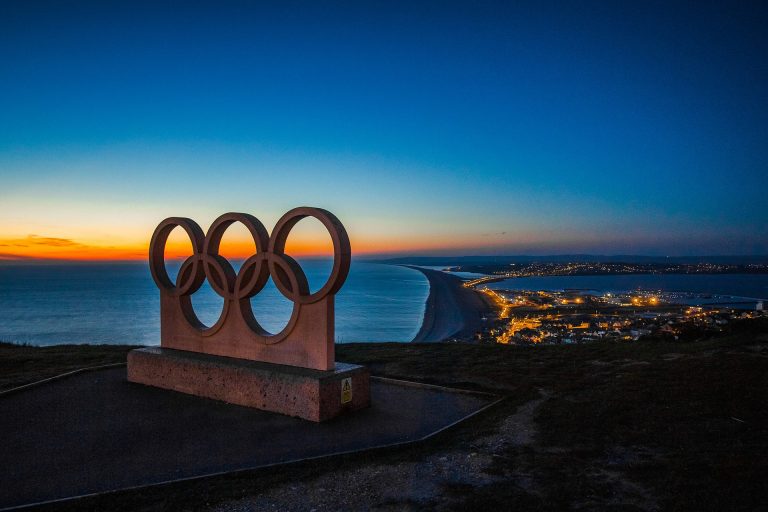On Dec. 6, Washington announced a diplomatic boycott of the 2022 Winter Olympics scheduled to take place in Beijing in February. A diplomatic boycott means that the United States will not send a delegation to attend the event. However, American athletes will compete in the games. The boycott extends to the Paralympics as well.
The Biden administration has justified the boycotts by pointing to the severe human rights abuses committed by the Chinese Communist Party (CCP). The U.S. usually sends a delegation led by the first lady or the sitting vice president to attend the Olympics. At this year’s Summer Olympics in Tokyo, the delegation from Washington was led by first lady Jill Biden.
“U.S. diplomatic or official representation would treat these games as business as usual in the face of the PRC’s [People’s Republic of China] egregious human rights abuses and atrocities in Xinjiang, and we simply can’t do that… As the president has told President Xi, standing up for human rights is in the DNA of Americans, we have a fundamental commitment to promote human rights,” White House press secretary, Jen Psaki, said in a press briefing on Dec. 6.
Psaki said that American athletes have the country’s “full support.” The administration did not want to prevent athletes from competing at the games but still wanted to indicate its displeasure with China’s atrocities, which eventually resulted in the diplomatic boycott, the press secretary said.
International Olympic Committee ‘fully respects’ decision
The International Olympic Committee (IOC) stated that it “fully respects” the decision taken by the White House. In a statement, the organization said that the presence of government diplomats is a “purely political decision” and that the IOC is a politically neutral entity. It also praised Washington’s decision to allow U.S. athletes to participate in the games, indicating that “athletes are beyond politics.”
Success
You are now signed up for our newsletter
Success
Check your email to complete sign up
“By implementing a diplomatic boycott, the United States and like-minded countries send a strong and unequivocal message to the Chinese government: the international community condemns and does not tolerate its egregious policies that actively persecute religious minorities,” James W Carr, the United States Commission on International Religious Freedom commissioner, said in a statement.
Nury Turkel, the Vice-Chair of the United States Commission on International Religious Freedom, pointed out that a “genocidal regime” should not even have been granted the privilege to host the Olympics in the first place. He highlighted Beijing’s persecution of Uyghur Muslims, Christians, Tibetan Buddhists, and Falun Gong practitioners.
Some have criticized the diplomatic boycott as not being enough and are calling for a complete boycott. Republican Representative Mike Gallagher is one such lawmaker insisting on such a path.
He pointed out that authoritarian regimes have a history of using Olympic Games to “whitewash human rights abuses.” Washington must do “everything in its power” to prevent the CCP from “pocketing” such a “massive propaganda victory,” he insisted.
“A diplomatic boycott of the #Olympics is not enough. The CCP doesn’t give a rip about a diplomatic boycott, because at the end of the day, they are still hosting the world’s athletes. Joe Biden needs to stand up to the CCP,” former Secretary of State Mike Pompeo said in a tweet.
China has reacted sharply to the boycott. The Foreign Ministry vowed to take “resolute countermeasures” and stated that it has launched “solemn representation” with the *United States.
Ministry spokesperson Zhao Lijian said that the U.S. boycott undermined the “foundation and atmosphere” of Olympic cooperation and China-U.S. sports exchanges. He accused Washington of attempting to disrupt the Winter Olympics out of ideological bias based on rumors and lies.
















